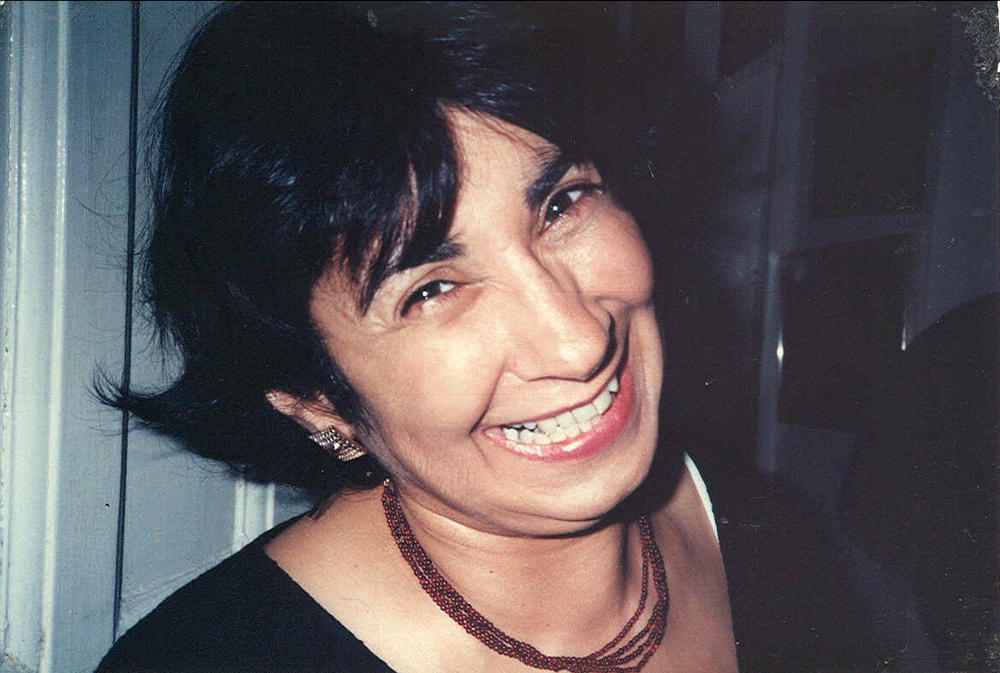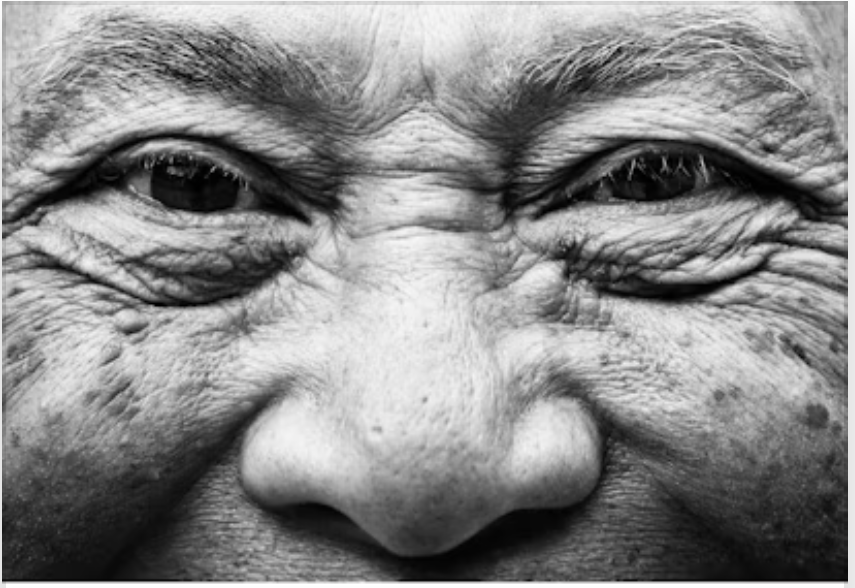
‘Nothing Like Chocolate’ by Sociology Professor to Premiere at the Santa Barbara International Film Festival

What would Valentine's Day be without chocolate? According to some estimates, over one billion boxes of chocolates –– more than 58 million pounds of chocolate candy –– will be sold throughout the United States in the week prior to the big day.
At the heart of all that chocolate are cocoa beans grown in, among other places, Ivory Coast and Ghana. Depending on the chocolate manufacturer's procurement practices, the beans used to produce all those boxes of chocolates may well have been harvested by children abducted by slave traders and sold to cocoa bean farmers for the sole purpose of providing free labor.
In her film "Nothing Like Chocolate," Kum-Kum Bhavnani, a filmmaker and professor of sociology at UC Santa Barbara, tackles the issue head-on. Rather than focusing on the slave trade practice, however, she highlights a chocolate manufacturer that she says "is doing it right." The film will screen at the Santa Barbara International Film Festival at 2 p.m. on Friday, February 3, at the Lobero Theatre.
"A few years ago, I read that children were being trafficked or enslaved to harvest cocoa beans in Ivory Coast, which produces over a third of the world's cocoa beans," said Bhavnani, who is also chair of the Women, Culture, and Development minor within UCSB's Global and International Studies Program. "I first thought I could make a film that exposes the issue, but decided instead to make a film about someone who's manufacturing chocolate ethically."
That someone turned out to be Mott Green, an entrepreneur who relocated from Oregon to Grenada in 1998, leased 100 acres of land from a neighboring estate, and established the Grenada Chocolate Company, an organic chocolate-making cooperative. The film focuses on Green's activism and tenacity, and how they combine with solar power and appropriate technology to create a business founded on principles of fairness, community, sustainability, and high quality. The cooperative includes cocoa bean farmers, workers in the chocolate factory, and Mott himself. "They do everything ethically," Bhavnani said. "Everyone makes the same wage. The farmers are paid according to how many beans they produce, but it's collective."
"Nothing Like Chocolate" is Bhavnani's second feature documentary. Her first was the 2006 film "The Shape of Water," which has screened at film festivals around the world and has received numerous honors and awards, including best documentary and best director awards, a World Cinema Award, and two HUGO awards. In addition, it was selected as the centerpiece for the human rights section at the 2008 Middle East International Film Festival in Abu Dhabi.
Telling the stories of how five very different women in very different places –– Senegal, Israel/Palestine, Brazil, and India –– who use their culture to create social justice, "The Shape of Water" draws upon Bhavnani's research interests in development and culture in the Third World. " 'The Shape of Water' is about poverty and social justice, which are closely related, if not one and the same," Bhavnani said. " It is about what women are doing to ameliorate conditions. And 'Nothing Like Chocolate' is another example of that –– of someone who's doing it right."
The film will screen again at 11 a.m. on Sunday, February 5, at the Metro 4 Theater in Santa Barbara.
Related Links
Nothing Like Chocolate
Santa Barbara International Film Festival



